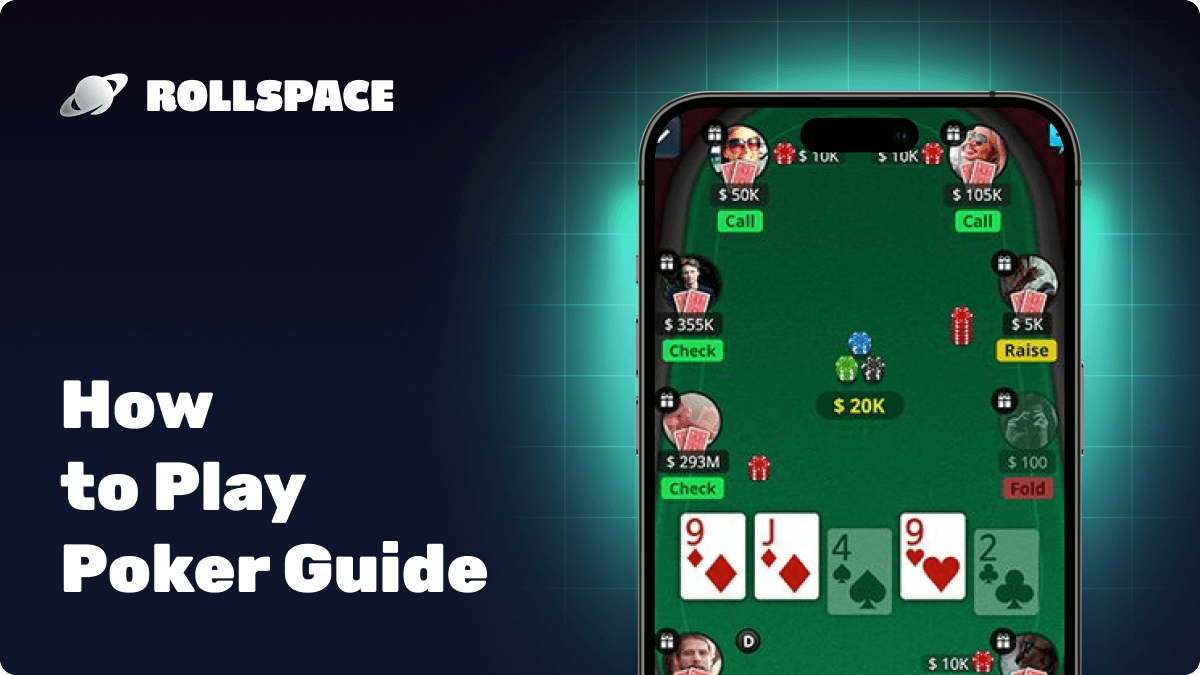Play Games and Earn LUCK.

Play Games and Earn LUCK.


Poker is one of the most popular card games worldwide, blending skill, strategy, and a bit of luck. Whether you want to join a friendly game or compete in tournaments, learning the basics of how to play poker is essential. This guide will cover the fundamental rules, strategies, and tips to get you started.
Poker is a card game where players aim to win the pot, which is the total amount of bets placed during a hand. Each game involves a combination of betting, bluffing, and understanding poker hand rankings to determine the winning hand.
To succeed in poker, it’s crucial to understand the rankings of poker hands. Here’s a quick overview, from highest to lowest:

Texas Hold’em is the most popular poker variant, and learning how to play Texas Hold’em is an excellent way to start your poker journey. Here’s how it works:
Focus on playing premium starting hands like pairs (e.g., Aces, Kings), high cards (e.g., Ace-King), and suited connectors (e.g., 10-J of the same suit).
Your position relative to the dealer significantly impacts your strategy. Players to the left of the dealer act first, while those in later positions can make more informed decisions based on others' actions.
Aggressive betting can help you control the game and bluff opponents, but overdoing it can lead to significant losses. Balance your bets to maintain unpredictability.
Pay attention to other poker players’ actions. Patterns like frequent raises or cautious checks can give insights into their hand strength.
Bluffing is a vital part of poker but requires timing and context. Bluff when the odds are favorable, such as in heads-up situations or when your opponents show weakness.
Poker games often have varying betting structures. Here are two common ones:
Fixed Limit: Betting amounts are predetermined, limiting the amount players can bet or raise in a round.
No Limit: Players can bet or raise any amount, up to their total chips.
Both styles require different strategies. Fixed limit favors cautious, calculated play, while no limit rewards bold moves and risk-taking.
The best way to master poker is to practice. Start with free online poker games to build your skills and confidence. Joining local poker communities or watching professional games can also provide valuable insights.
Learning how to play poker takes time and practice, but with a solid understanding of the rules and strategies, you’ll be well on your way to becoming a skilled poker player. Whether you aim to dominate Texas Hold’em tables or explore other poker games, mastering the fundamentals is your first step to winning the pot.